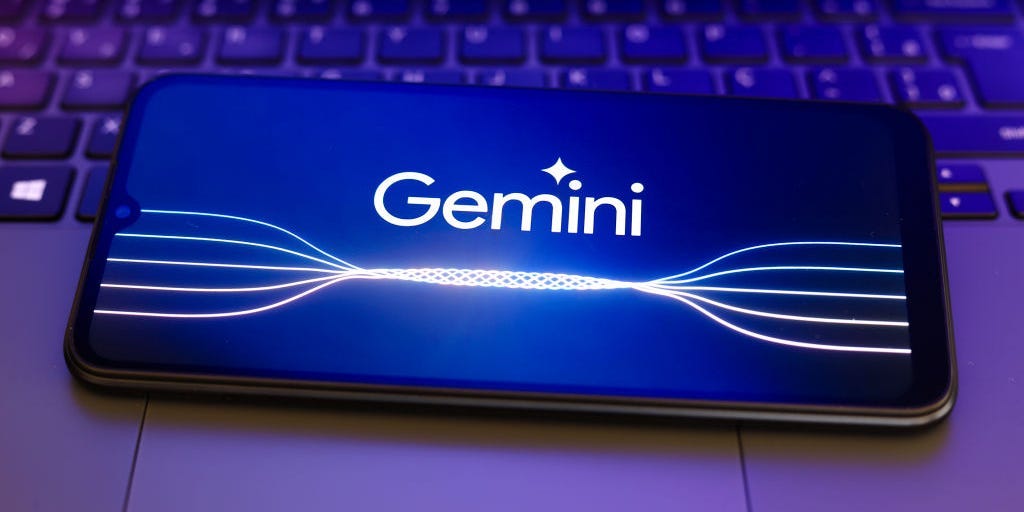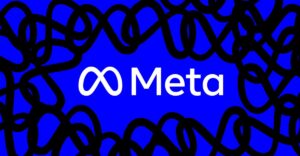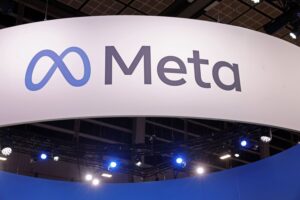Gemini Usage Is Rising Rapidly, Yet Competitors Remain Strong

Google’s AI Chatbot Gemini: Growth and Market Position
Introduction to Gemini’s User Statistics
Google’s AI chatbot, Gemini, has recently experienced a significant increase in its user base, according to data presented during a court hearing focused on antitrust issues involving the tech giant. Despite its growth, Gemini’s user engagement remains notably lower than that of its key competitors, such as ChatGPT and Meta AI.
User Engagement Metrics
As of late March 2023, Gemini boasts approximately 350 million monthly active users and around 35 million daily active users. This figure was shared in a Washington, DC federal courtroom as part of ongoing testimony by Sissie Hsiao, who previously led the Gemini project. The Department of Justice (DOJ) called Hsiao to testify regarding the competitive landscape within the generative AI market.
According to the data presented, Gemini’s daily active users have surged drastically, increasing from just 9 million in October of the previous year. However, it still trails behind its more established competitors. For comparison, ChatGPT, created by OpenAI, is estimated to have around 600 million monthly active users, while Meta AI has even more, at approximately 800 million.
Competitive Landscape
The current generative AI space is highly competitive. Meta’s CEO Mark Zuckerberg recently stated that Meta AI’s usage continues to grow, projecting that their AI assistant could reach over 1 billion users this year. This optimism reflects the increasing user demand for AI-powered tools.
OpenAI’s CEO, Sam Altman, mentioned during a TED interview that ChatGPT has around 500 million weekly active users and emphasized the rapid growth of the chatbot. This growth trend highlights not only the popularity of these AI services but also the swift advancements in technology.
Implications of Antitrust Proceedings
The antitrust case against Google aims to address the company’s dominance in the online search market, with the DOJ seeking to implement remedies that could substantially impact Google’s operations. This case began with a ruling in August, where US District Judge Amit Mehta found Google to be in violation of antitrust laws due to its monopolistic practices.
If the DOJ’s recommendations are put into action, Google could face significant changes, potentially being required to divest its Chrome web browser, eliminate exclusive agreements with companies like Apple, and make its search data available to competitors. These outcomes could level the playing field for new and existing AI technologies.
Testimonies and Court Dynamics
In the ongoing court proceedings, Hsiao provided testimony concerning Gemini’s rapid development within the evolving landscape of generative AI. Her insights suggest that the industry is undergoing swift shifts that could influence future market dynamics.
The judge overseeing the case, Amit Mehta, is expected to issue a ruling regarding the proposed remedies by late summer. Google’s legal team has expressed intentions to appeal the previous ruling labeling the company as a monopolist.
Key Takeaways from Industry Leaders
Both Mark Zuckerberg and Sam Altman have noted the impressive growth trajectories of their respective AI products. Zuckerberg envisions Meta AI becoming a leading assistant for more than a billion users, while Altman’s comments reflect a promising future for ChatGPT. These statements underline the fierce competition and innovation occurring in the AI sector.
Current Status and Future Outlook
The hearings are set to continue for three weeks, indicating that more revelations and developments are likely to emerge. As the generative AI industry expands, the outcomes of this case could fundamentally alter how large tech companies operate and compete in the marketplace. The pressure is on for Google to adapt while navigating the legal challenges that lie ahead.





